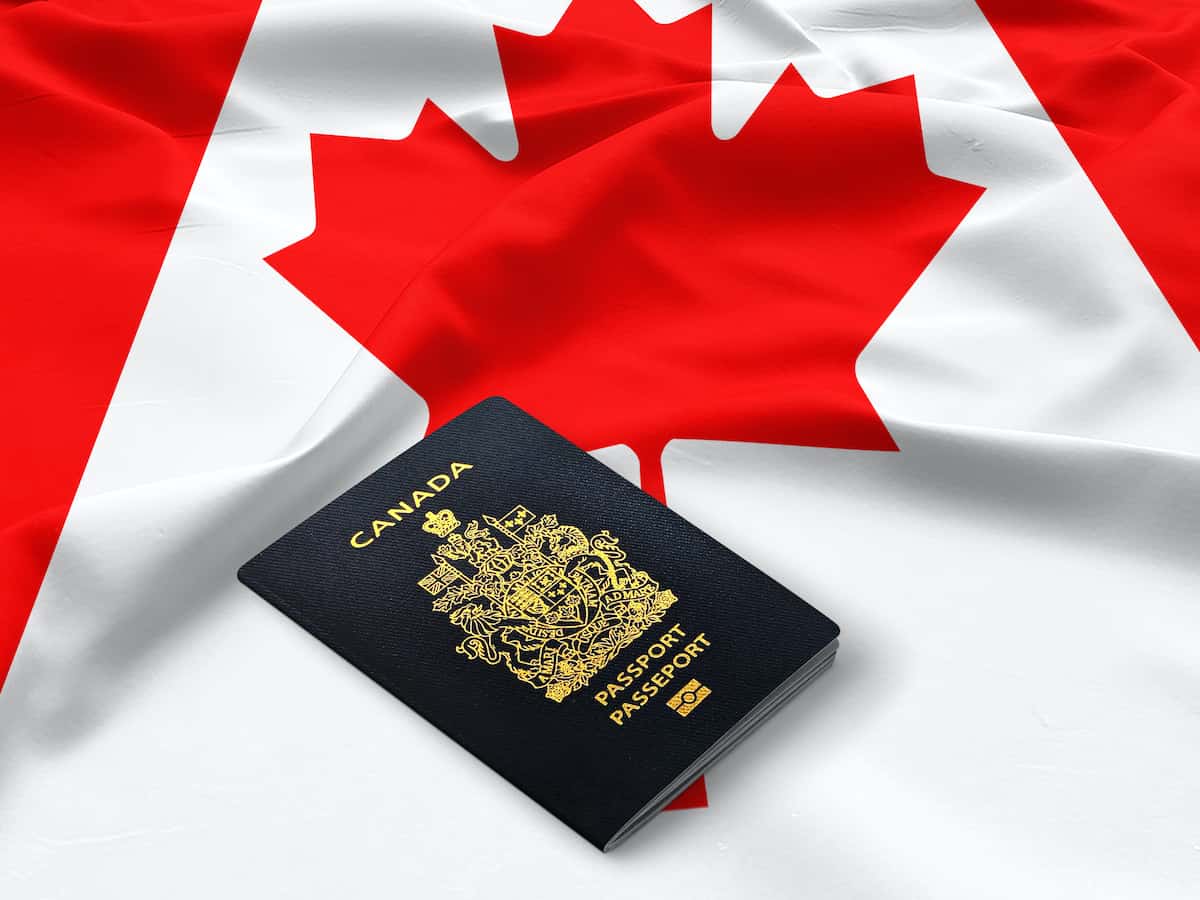It is almost universally accepted that Canada needs immigration and the corresponding population increase to keep the economy going. That is how experts say we are supposed to get economic growth along with improvements in productivity and higher per capita GDP.
But how much of that is true?
First, GDP as a measure of economic activity and national prosperity has limitations. Adjusted for both inflation and the increase in Canada’s population, per capita GDP was in free fall in 2022 and 2023—at minus 2.6 and minus 3.9 respectively.
GDP says nothing about its distribution among the population. Inflation enriches those who own housing and other hard assets, but leaves behind those who do not own them. Notably, with demand overwhelming supply, immigrants’ housing needs and other requirements generate inflation and widen the gap between rich and poor.
It is also necessary to consider what GDP comprises. There is a rough and ready distinction between investment and consumption although the distinction is fuzzy. Broadly speaking, new and more efficient machinery improve productivity, enabling workers to deliver more value for the time they spend working. The consumption part of GDP includes a long list of activities necessary for sustaining life—everything from buying groceries to fixing broken windows, retailing goods made in China, and maintaining the superstructure of government.
Conventional wisdom is that immigration is necessary to make up for the decline in the home-grown population resulting from the birth rate below replacement. But that represents a vicious circle. Much of Canada’s GDP involves building homes and infrastructure, and supporting immigrants—all consumption components. Newly arriving immigrants require housing, infrastructure and services right away. But even including other construction workers with the 2 percent who are qualified, working-age artisans, immigrants don’t come close to building the housing they occupy. Along with paying taxes to support new arrivals, oppressive housing and living costs then deter procreation for many would-be parents in the existing population.
Many employers and politicians promote immigration. That is because immigrants tend to be more industrious and reliable than young home-grown Canadians. Immigrants and their children are generally prepared to work at current pay rates without clock-watching. And there is less pressure to install labour-saving equipment when a pool of people is ready and willing to work for what they get paid.
It’s also necessary to consider that for decades, technology, robots, and more efficient use of labour have been eliminating jobs. Some estimates have it that up to a third of all current jobs will disappear over the next 10 to 15 years. All this said, I look to history and other countries for how changes in population impact productivity and community well-being. In recorded history, the biggest advances in real per capita income occurred in Europe after the bubonic plague killed about half the population between 1347 and 1352. The shortage of labour made workers much more valuable. Feudalism ended and there was a huge surge in wages rates and women’s rights.
In recent times, the population of Japan has been expanding only slowly, and is declining now. In 2023, business capital investments hit a record high at US $223 billion, up 17 percent from the previous year. The question now is whether productivity gains will be enough to sustain its ageing and shrinking population. For Canada, in contrast, per capita business investment, adjusted for inflation and population, has been declining and was sharply lower in 2022-23.
There is another problem. Too many immigrants expect to take advantage of our generous welfare. It may cost $1,000 per person per month to support an immigrant who does not immediately get a job. That must be many times more than it costs to keep that person in a refugee camp.
Of course, Canada has the duty to take in refugees at risk of persecution. And, as Singapore does, employers should be able to hire immigrants for specific top-end jobs where Canada does not have the home-grown expertise.
It is no long-term answer to support people in camps. Troubled countries—Haiti, for example—need security and business investment to enable their self reliance. Countries like Canada need to generate their own wealth to make that possible and not just for the good of our own citizens. This requires diverting GDP back to the non-residential business investment that is the lifeblood of a healthy and sustainable economy.
Colin Alexander’s degrees include Politics, Philosophy, and Economics from Oxford. His latest book is Justice on Trial.



